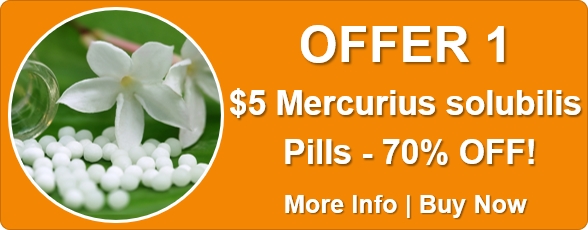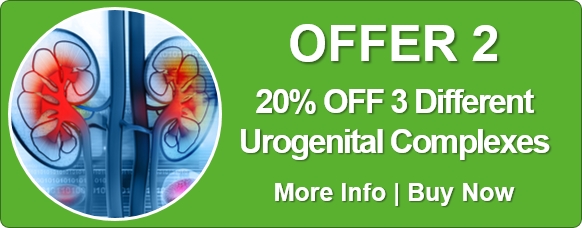Homeopathy-using New Zealanders
Dear Editor,
It’s me again, Concerned Citizen. I just cannot let the latest newsletter go by without comment.
“What’s grabbed my spleen,” I hear you ask? It’s the story about New Zealanders spruiking the virtues of homeopathy, while they sit comfortably in the waiting rooms of their pill-pushing doctors.
Your newsletter reports that 92% of respondents believed that “homeopathy helped at least sometimes while 65% said that it helped most times, or every time.” Hello? Am I missing something? If that’s the case, what are they doing in doctor’s waiting rooms?
These New Zealand types remind me of a strange hairy man I met whilst trekking in Nepal years ago. He introduced himself as a “Jewish Baptist Buddhist Hindu Muslim.” Talk about a bob each way!
What’s my point, I hear you ask? Well, it’s this. Either homeopathy works or it doesn’t. Or perhaps it only works sometimes, and we need to adopt the “bob each way” attitude of our New Zealand brethren. You know, have a foot firmly planted in both camps; traditional medicine on the one hand and homeopathy on the other. Give both a go, and see what comes out on top.
Another thing that sparked my imagination was why the doctors would allow such potentially competitive survey activity to take place in their sacred precincts. Boredom (relieved by out-dated magazines) seems to be the only sanctioned activity they allow in the hallowed halls of their waiting rooms. What’s in it for them, and why are they interested in something that has the potential to put them out of business? “Curiouser and curiouser,” cried Alice.
I’d be interested in your comments.
Signed: Concerned Citizen
Dear Concerned Citizen
These same questions puzzled me. Why are so many homoeopathy-using New Zealanders sitting in doctors’ waiting rooms, and why would the medical establishment want to do this study?
I can’t provide definitive answers but here are a few observations.
Many people only have a passing acquaintance with homoeopathy. They think of it only for the simple stuff and believe that serious problems must have hard-core conventional medicines. They see the shelves at chemists and health food stores lined with remedies for minor problems such as hayfever, bruises and sinusitis, and think that is all there is to homoeopathy.
They may even try some of them, find they help, and later on while waiting to see their doctor about more serious health concerns, are happy to tell waiting-room researchers of their happiness and success with homoeopathy. They do not yet know that in the hands of a well-trained practitioner, homoeopathy can also be used for a range of serious chronic problems.
Regarding your second question, the researchers seemed genuinely shocked at the results of their survey. They anticipated finding, “… generally sceptical views among people currently consulting traditional medical practitioners…” Perhaps those traditional medical practitioners whose waiting rooms they visited, anticipated the same thing and thats the reason why the researchers were welcomed in. What a surprise to find the opposite.
The researchers struggled to find a reason why homeopathy was so widely used and successful. They suggested it was because homoeopathy “is marketed effectively” and that “scientific evidence is not communicated well to the lay public.”
Unable to accept that people might be telling the truth, the researchers concluded their report with the following statement: “… as most homoeopathy users believed that it works (sic) despite the complete lack of scientific plausibility or evidence, there must be other explanations for its apparent success including placebo responses and confusion between clinical improvements due to homoeopathy in the natural history of the illness.”
What a shame these researchers ignored the significant body of research that does exist for homoeopathy – it would have then been much harder to a attribute homoeopathy’s positive effects to “placebo response” and “natural improvement”.
When all is said and done though, credit is due to these researchers and the New Zealand Medical Journal for publishing the survey. With findings like these they could just as easily have buried it.
Until next time,
Fran Sheffield (Homoeopath)








